Ethical Framework
Three ethical principles formed the basis for the recordings in the Prisons Memory Archive: life storytelling, co-ownership and inclusivity.
Life Storytelling
Drawing on the oral-history tradition of life-storytelling, with its open ended approach as opposed to leading questions, the PMA attempts to minimise the levels of mediation between participant and filmmaker and viewer. Participants were brought back to the empty sites of the Maze and Long Kesh Prison and Armagh Gaol, where a fifteen minute briefing before the recording discussed the process
and what issues they wished to cover. The sites’ architecture and artifacts influenced the participants’ structuring of remembering and helped trigger their memories according to what they encountered.
Co-ownership
The PMA shares ownership of the recordings with the participants. This means that participants are involved at all stages of production and exhibition: they ultimately have the power of veto over material.
This co-ownership approach generally contrasts with mainstream models of documentary filmmaking where the subjects relinquish ownership of recorded material to the production company or broadcaster. This ethical protocol is primarily intended to establish trust between participants and the PMA in a society emerging from violence where political and personal sensitivities remain tender.
Inclusivity
Where contestation over narratives from the past remains, it is important to hear and see the story from many perspectives. The PMA includes stories from as wide a range of constituencies as was possible during filming: prison staff, prisoners, visitors, educators and chaplains. This encourages viewers to regard others as ‘ourselves in other circumstances’ and to witness not only contrasts, but also parallels, in the participants’ experiences. While the material offers validation of each story and participant, at the same time it also challenges our assumptions about the past.




